Artificial intelligence (AI) is fundamentally reshaping industries, revolutionizing everyday life, and paving the way for the future of technology. From healthcare breakthroughs to self-driving cars, AI’s reach is unprecedented and evolving rapidly.
In this article we’ll cover critical sectors where AI is making the most significant impacts, explore the ethical debates around its use, and look into the future with trends that will define AI’s role in society.
AI in the Digital Era: What Makes This Revolution Unique?
Artificial Intelligence is different from previous technological revolutions because it integrates massive amounts of data, unprecedented computing power, and machine learning to deliver insights and automate complex processes in previously impossible ways. Unlike past tech shifts, AI can learn and improve over time, meaning it doesn’t just follow human commands but evolves its algorithms.
The convergence of AI with big data, IoT (Internet of Things), and cloud computing has accelerated its adoption, allowing businesses to leverage insights at scale and improve their operations in real time.
Key Industries Being Transformed by AI
Healthcare
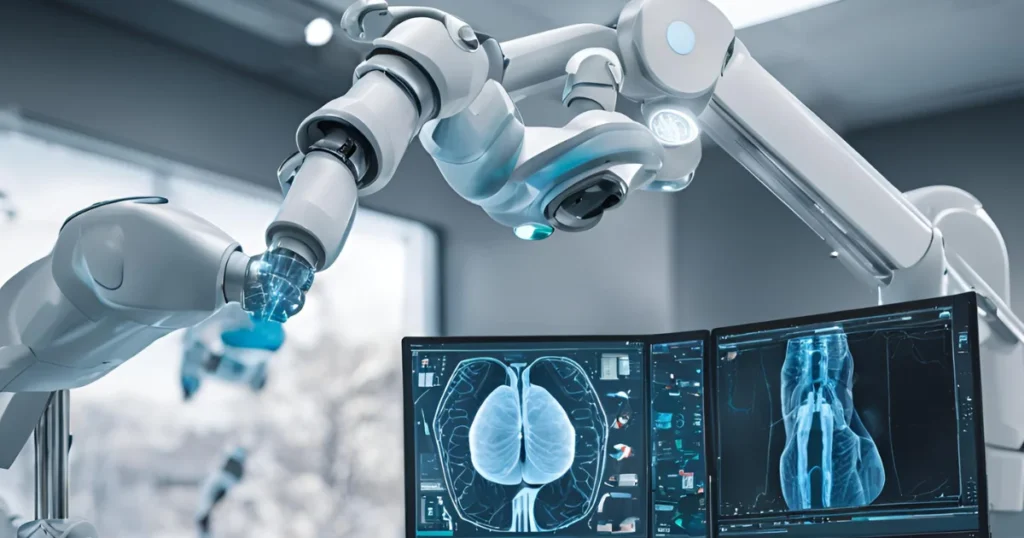
AI revolutionizes healthcare by providing precise diagnostics, personalized treatment plans, and predictive analytics. Hospitals now use AI algorithms to predict patient outcomes, manage resources, and even identify diseases earlier than humans.
One of the most exciting applications is drug discovery—AI models can analyze millions of chemical compounds to discover new drugs faster than traditional methods.
Companies like DeepMind are using AI to solve complex biological puzzles, such as protein folding, which could revolutionize everything from cancer treatment to genetic disorders.
Finance
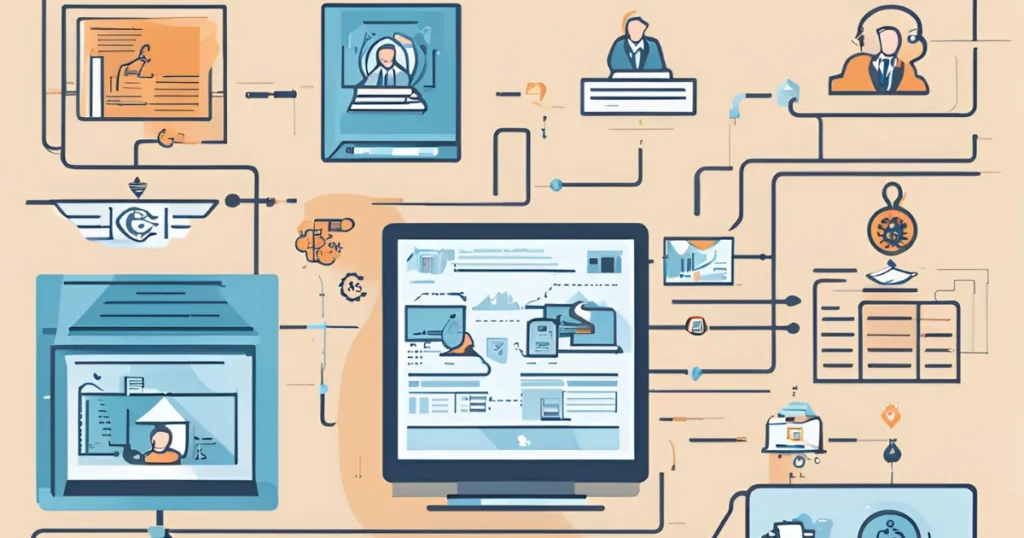
The finance industry is leveraging AI to make better decisions, automate tasks, and detect real-time fraud. AI algorithms power robo-advisors, giving retail investors access to strategies that were once only available to the wealthy.
Banks are also using AI to predict market trends, monitor transactions for suspicious activities, and provide personalized financial advice based on user behaviour.
Retail and E-Commerce

Retailers are increasingly turning to AI to improve the customer shopping experience. Whether it’s through AI-powered recommendation engines (like Amazon’s) or using AI for inventory management, the role of AI in personalization is transforming how businesses operate.
The future of retail could involve AI-enhanced shopping assistants in virtual stores, helping customers select products based on their preferences in real time and merging AI with augmented reality to create immersive shopping experiences.
Education
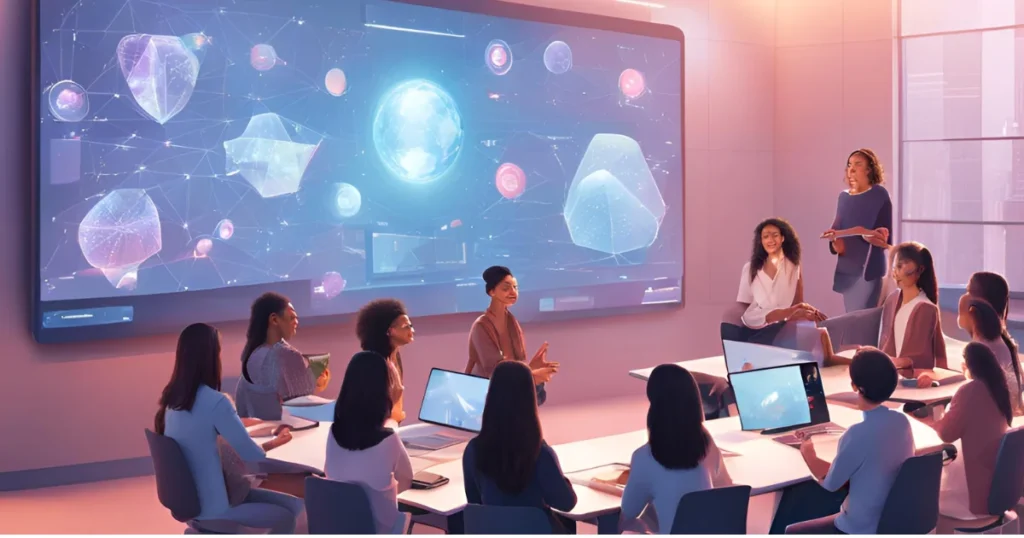
Education is seeing a massive shift with AI tools designed to adapt to each student’s learning style and pace. Through AI-powered platforms, students receive personalized lessons tailored to their performance, ensuring they grasp complex concepts at their speed.
Furthermore, AI-driven chatbots and virtual tutors are redefining remote learning, offering 24/7 support, grading essays, and creating innovative content like digital textbooks.
Autonomous Systems

Self-driving cars and AI-powered drones are pushing the boundaries of autonomous systems in transportation and logistics. AI enables vehicles to learn from their environment and make more accurate decisions than humans.
In logistics, AI streamlines supply chain management, predicts demand fluctuations, and optimizes delivery routes, making last-mile delivery more efficient.
AI’s Role in Everyday Life
Artificial Intelligence has become part of everyday tasks, often without us noticing. From personal assistants like Siri and Alexa to AI-powered photo editing tools and content creation platforms, AI shapes how we live, work, and play.
AI for Content Creation
Tools like ChatGPT or DALL-E allow content creators to generate blogs, articles, and artwork within minutes, helping businesses scale their content strategies. Many professionals are now combining AI-generated content with human creativity to increase productivity while maintaining quality.

The Ethical, Social, and Economic Impacts of AI
Jobs and Automation
One of the biggest concerns surrounding AI is its potential to displace jobs. While it’s true that automation could replace specific roles, especially in manufacturing and retail, AI is also creating new job categories in fields like AI programming, data analysis, and AI ethics.
To stay competitive, businesses and individuals must focus on upskilling to work alongside AI, harnessing the technology to augment human capabilities rather than replace them.
Ethics and Bias
AI has the power to make decisions faster and with greater accuracy than humans, but it can also be subject to bias. AI models are only as good as the data they are trained on, which can sometimes be biased or incomplete.
Governments and companies are working on ways to regulate AI and ensure ethical standards are met, including ensuring that AI systems are transparent, accountable, and free from discrimination.
AI and the Environment: Sustainability and Green Tech
AI is also being used to combat climate change. AI-powered systems can help optimize energy consumption, reduce waste, and manage resources more efficiently. AI-driven tools monitor environmental data, such as deforestation or ocean pollution, providing real-time insights that can drive sustainable decision-making.

The Future of AI: Trends to Watch in the Next Decade
Generative AI and Creativity
AI will increasingly take on creative roles, whether writing books, composing music, or generating visual art. While some fear AI could undermine human creativity, others believe that AI will serve as a collaborative tool, expanding the creative potential of artists and creators.
Quantum Computing Meets AI
Quantum computing will significantly accelerate AI development, allowing AI systems to solve more complex problems faster than ever, particularly in material science and pharmaceutical research.
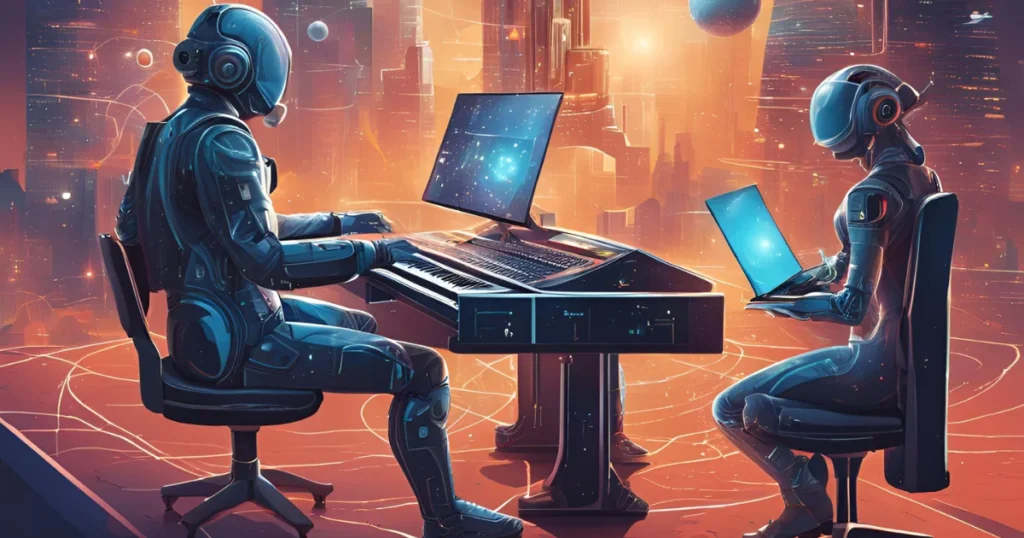
Conclusion
Artificial Intelligence is already transforming the world, and we’ve only scratched the surface of what’s possible. Whether it’s driving innovation in healthcare, reshaping finance, or offering new opportunities in education, AI is paving the way for a brighter, more efficient world.
The future will require us to adopt a proactive approach, embracing AI as a tool for progress while ensuring that it benefits society.By staying informed, upskilling, and adapting to these changes, businesses and individuals alike can harness the power of AI to thrive in this evolving landscape.
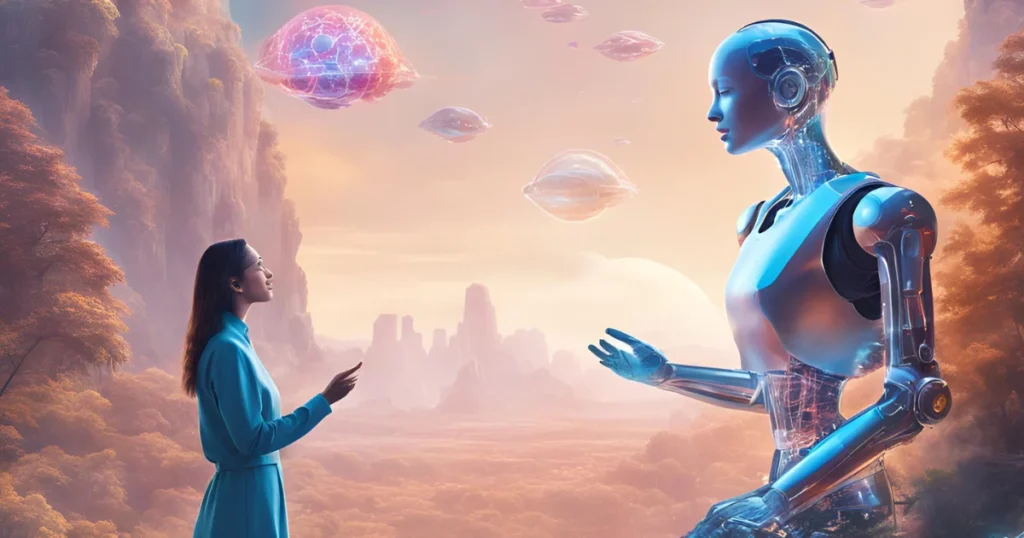
FAQs
1. How is AI affecting jobs?
AI automates repetitive tasks and creates new roles in AI development, data science, and ethics. Upskilling and working alongside AI can mitigate job displacement.
2. What industries will AI impact the most?
Healthcare, finance, retail, education, and transportation are seeing the most significant transformations due to AI.
3. Is AI safe?
AI is safe mainly but raises concerns about bias, privacy, and ethical use. Governance and regulation are crucial to ensuring AI remains beneficial.





